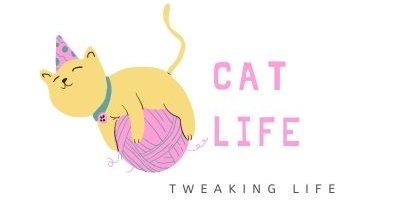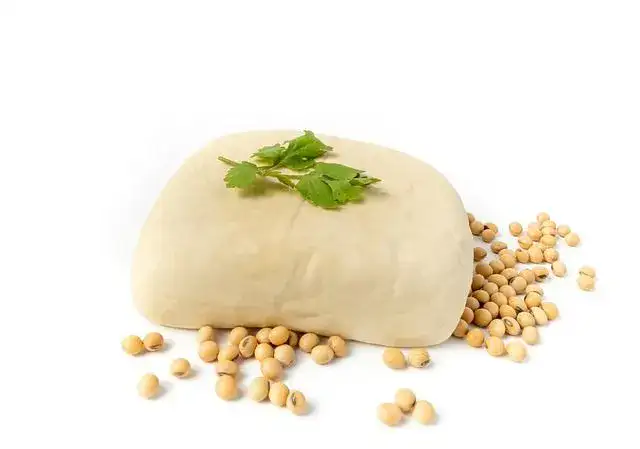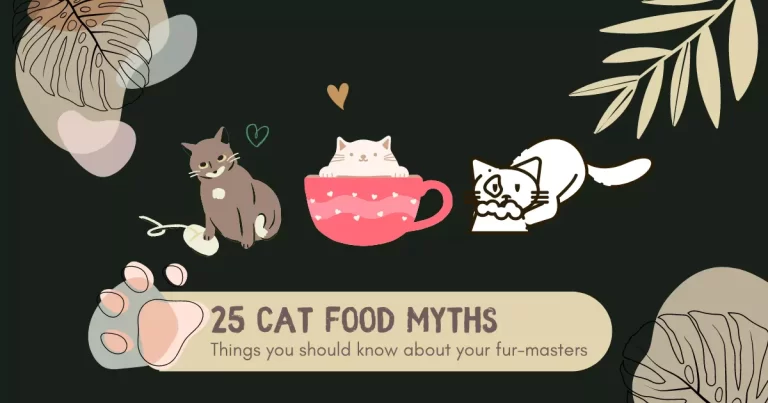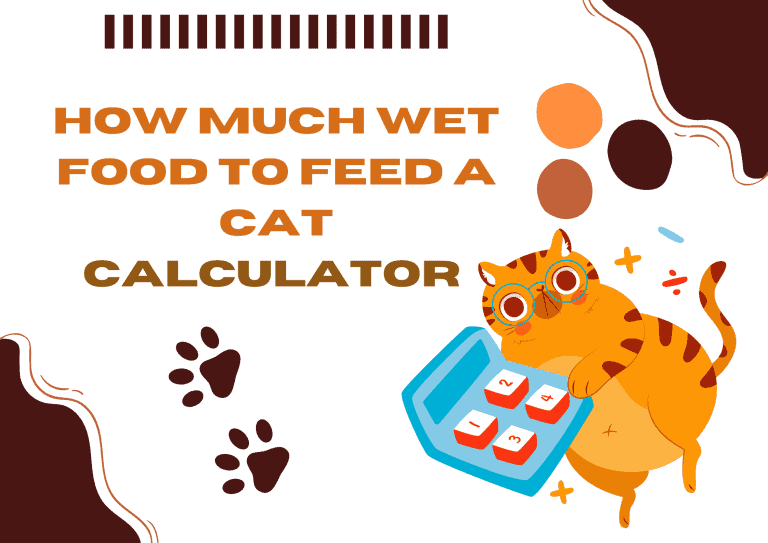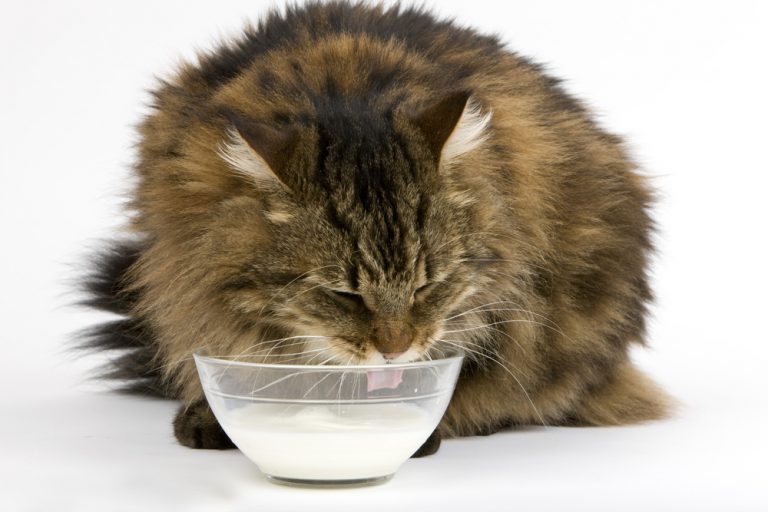Can Cats Eat Butter? Everything You Need to Know
Butter, the one ingredient that’s found in almost all homes. It’s also the one ingredient that I for sure know many cats try to steal, at least I know mine does. But can cats really eat butter? Is it safe for them?
- Can cats eat butter?
- Is butter safe for cats?
- Is butter poisonous to cats? Can butter kill cats?
- Should I let my cat eat butter?
- Can I give my cat vegan butter?
- Why butter is bad for cats
- What if your cat eats butter? What to do when your cat eats butter
- Why does my cat keep trying to eat butter?
- Do people actually feed their cats butter? What are the benefits of it, if any?
- Quora’s take on cats eating butter
- FAQ
Can cats eat butter?
Yes, cats can eat butter, but it is not a good idea. Butter is high in lactose, which cats are intolerant of.
It also has a high calorie and fat content, which can lead to obesity and diabetes in cats if they eat too much of it.
On the other hand, butter does contain some important nutrients that cats need, like fat-soluble vitamins A and D.

Most experts agree that a small amount of butter once a week is safe for cats, but it’s always best to check with your vet before giving your cat any kind of food that isn’t specifically designed for them.
Is butter safe for cats?
In small amounts, butter is safe for cats to eat. Salted butter is a worse culprit compared to unsalted because of its high salt content. This could easily lead to sodium poisoning, a major issue in domestic cats.
It’s important to note that although most cats are lactose intolerant, some of them actually digest the lactose really well.
If your catto can tolerate lactose then by all means go ahead and give them some as a treat.
Cool tip:
Butter can be an easy way to give your catto some medicine. Just crush the pills and mix them with a little butter to make it easier for your kitto.
Just apply it on their paws and watch them take their meds as they try to groom themselves. Alternatively, you can place the butter in their bowl. You just have to be sure your pet is not lactose intolerant.
Is butter poisonous to cats? Can butter kill cats?
Butter is not poisonous and cats can’t die from eating this dairy product. The most common side effect would be diarrhea due to the lactose. Other than that, a small treat won’t cause any major damage to your kitto.
How much butter is safe for my cat?
Half a tablespoon to one tablespoon of unsalted butter is safe for your cat. However, there is a catch. You have to limit the number of times your catto eats some. It should only be a maximum of once a week.
Remember to keep it unsalted as the salted one has way too much sodium (salt) and just enough could lead to sodium poisoning.
What happens if a cat eats too much butter?
While a little butter won’t hurt your cat, eating too much can cause some digestive problems. If your cat starts vomiting, having diarrhea, or being constipated after eating butter, you should take them to the vet.
Long term effects of feeding butter include:
- Diabetes
- Pancreatitis
- Obesity
- Gastroenteritis (inflammation of intestine walls)

Should I let my cat eat butter?
Do not let your cat eat butter.
Although the dairy product contains protein, it’s not enough and does not match up to your cat’s daily protein needs.
The table below shows some nutrients present in salted butter compared to a cat’s daily nutrient needs.
| Nutrient | Amount in 1 tablespoon of salted butter | How much cats need | % of nutrient salted butter provides |
| Protein (g) | 0.12 | 12.5 | 0.96 |
| Total lipid fat (g) | 11.52 | 5.5 | 209.45 |
| Sodium, Na (mg) | 81.79 | 42 | 194.74 |
(Sources: urmc.rochester.edu & national research council)
Are cats allowed bread with butter?

Bread with butter is generally safe for cats as long as it’s not consumed in large quantities. The high carbohydrate levels in bread make this a once-in-a-while treat and should never be a regular in your cat’s diet.
Can I give my cat vegan butter?

Cats should not eat vegan butter. However, a lick or two will not cause any harm. The ingredients do not also provide much nutritional value to cats.
With the rise of veganism, it makes perfect sense that you’d be wondering this. Although I do not recommend your catto eating vegan butter, there are a couple of vegan milk types that your cat can drink. You can check them out in this cool article I wrote on suitable vegan milks for cats.
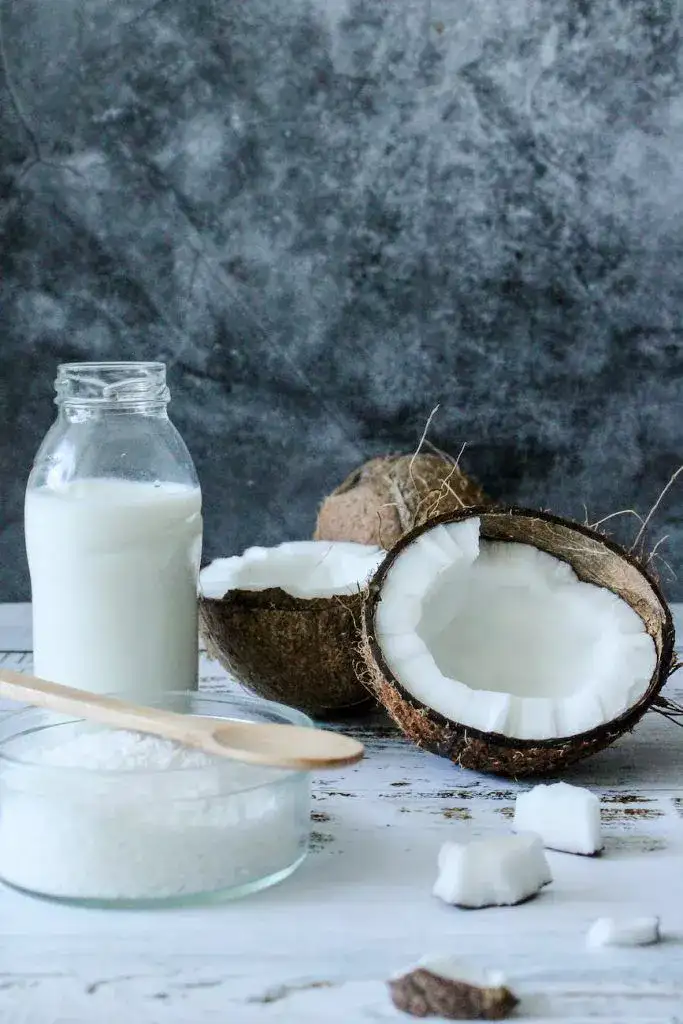
You may also like: Cats on a Vegan Diet: Benefits and Feeding Tips
Why butter is bad for cats
The high-calorie content and fat levels make butter bad for cats. Too much can easily cause the feline to be overweight and develop other body complications. The sodium levels are also too much for a cat’s body to comfortably metabolize without problems.
Is it safe to give my cat a little bit of butter to help him easily pass a hairball?
Giving cats butter has for long been used as a traditional remedy for hairballs. A little of the melted dairy product can actually go a long way in helping with the hairball issue.
Melted butter smoothens your cat’s throat making it easy for the hair to come out. While coating your cat’s throat with melted butter may help with hairballs, it is not necessary.
They usually cough up hairballs on their own. So, don’t worry too much if you hear your cat try to cough them up and it sounds like they’re choking or having trouble breathing.
What if your cat eats butter? What to do when your cat eats butter
If your cat eats butter, monitor them for the following symptoms:
- Diarrhea
- Vomiting
- Decreased appetite
- Lethargy
If you notice any of the above, consult your vet immediately.
Why does my cat keep trying to eat butter?

Cats love dairy products and most of them will do just about anything to get a lick. This is despite them being lactose intolerant.
But can you really blame them? We’ve all eaten something that we know isn’t 100% good for us.
Do people actually feed their cats butter? What are the benefits of it, if any?
People feed their cats butter to help with constipation. The dairy product gets things moving in that direction.
If you’re thinking of feeding your cat some human foods, here is a list I compiled on different human foods that cats can eat.
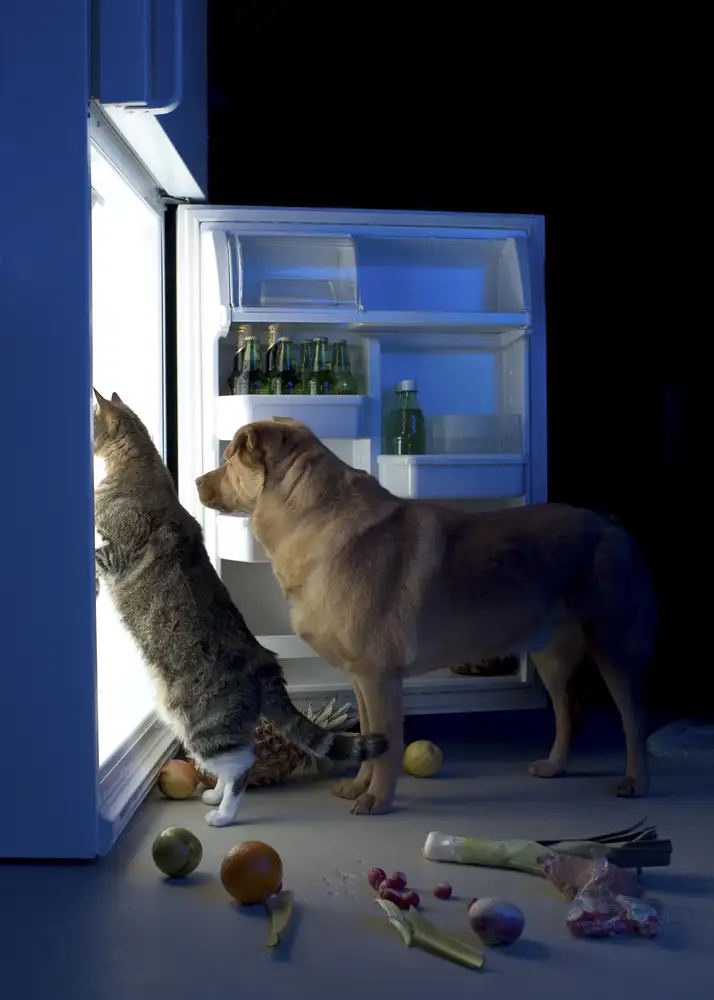
Quora’s take on cats eating butter
Many people admit that they actually give their cats butter and it doesn’t seem to bring any harm.
You can join in this conversation on Quora.
FAQ
Can cats eat margarine?
Cats should not eat margarine. Keep your cats away from bread with margarine as the high fat content is not good for their health.
Can cats eat cheese?
Cats can eat cheese. However, the intake should be limited as cheese is high in lactose and may lead to diarrhea in cats.
Can cats eat ghee?
Cats can eat ghee. Ghee has way less lactose and casein making it a better alternatives to some lactose intolerant cats.
Can cats eat curd?
Cats can eat curd but they should not. The dairy product is high in lactose and some commercial brands may have really high sodium levels which are not good for cats.
